My Sister's Place - Thomas Jefferson University

Overview
My Sister's Place - Thomas Jefferson University is a substance abuse treatment center for people seeking treatment near Philadelphia County. As part of their treatment modalities for recovery, My Sister's Place - Thomas Jefferson University provides cognitive behavioral therapy, telemedicine/telehealth therapy, and substance use disorder counseling during treatment. My Sister's Place - Thomas Jefferson University is located in Philadelphia, Pennsylvania, accepting cash or self-payment for treatment.
My Sister's Place - Thomas Jefferson University at a Glance
Payment Options
- Cash or self-payment
- Medicaid
- State-financed health insurance plan other than Medicaid
- Federal, or any government funding for substance use treatment programs
- SAMHSA funding/block grants
Assessments
- Screening for tobacco use
- Comprehensive mental health assessment
- Comprehensive substance use assessment
- Outreach to persons in the community
- Screening for mental disorders
Age Groups
- Young adults
- Adults
- Seniors
Ancillary Services
- Case management service
- Suicide prevention services
- Residential beds for client's children
- Child care for client's children
- Domestic violence services, including family or partner
Highlights About My Sister's Place - Thomas Jefferson University
7.19/10
With an overall rating of 7.19/10, this facility has following balanced range of services. Alcohol Rehabilitation: 8.00/10, Drug Rehab and Detox: 6.92/10, Insurance and Payments: 6.00/10, Treatment Options: 7.82/10.-
Alcohol Rehabilitation 8.00
-
Treatment Options 7.82
-
Drug Rehab and Detox 6.92
-
Insurance and Payments 6.00
Accreditations
State department of health:

Government agencies issue State Licenses, granting rehabilitation organizations permission to operate their businesses legally within specific geographic regions. The licenses needed for legal operation are typically determined by the type of rehabilitation program offered by a facility and its physical location.
Treatment At My Sister's Place - Thomas Jefferson University
Treatment Conditions
- Alcoholism
- Substance use treatment
Care Levels
- Hospital inpatient treatment
- Short-term residential
- Long-term residential
- Aftercare
Treatment Modalities
- Cognitive behavioral therapy
- Telemedicine/telehealth therapy
- Substance use disorder counseling
- Trauma-related counseling
- Smoking/vaping/tobacco cessation counseling
Ancillary Services
Additional Services
- Pharmacotherapies administered during treatment
- Mentoring/peer support
- Breathalyzer or blood alcohol testing
Special Programs
- Clients with co-occurring mental and substance use disorders
- Criminal justice (other than DUI/DWI)/Forensic clients
- Pregnant/postpartum women
- Clients with HIV or AIDS
- Clients who have experienced trauma
Get Help Now
Common Questions About My Sister's Place - Thomas Jefferson University
Contact Information
Other Facilities in Philadelphia
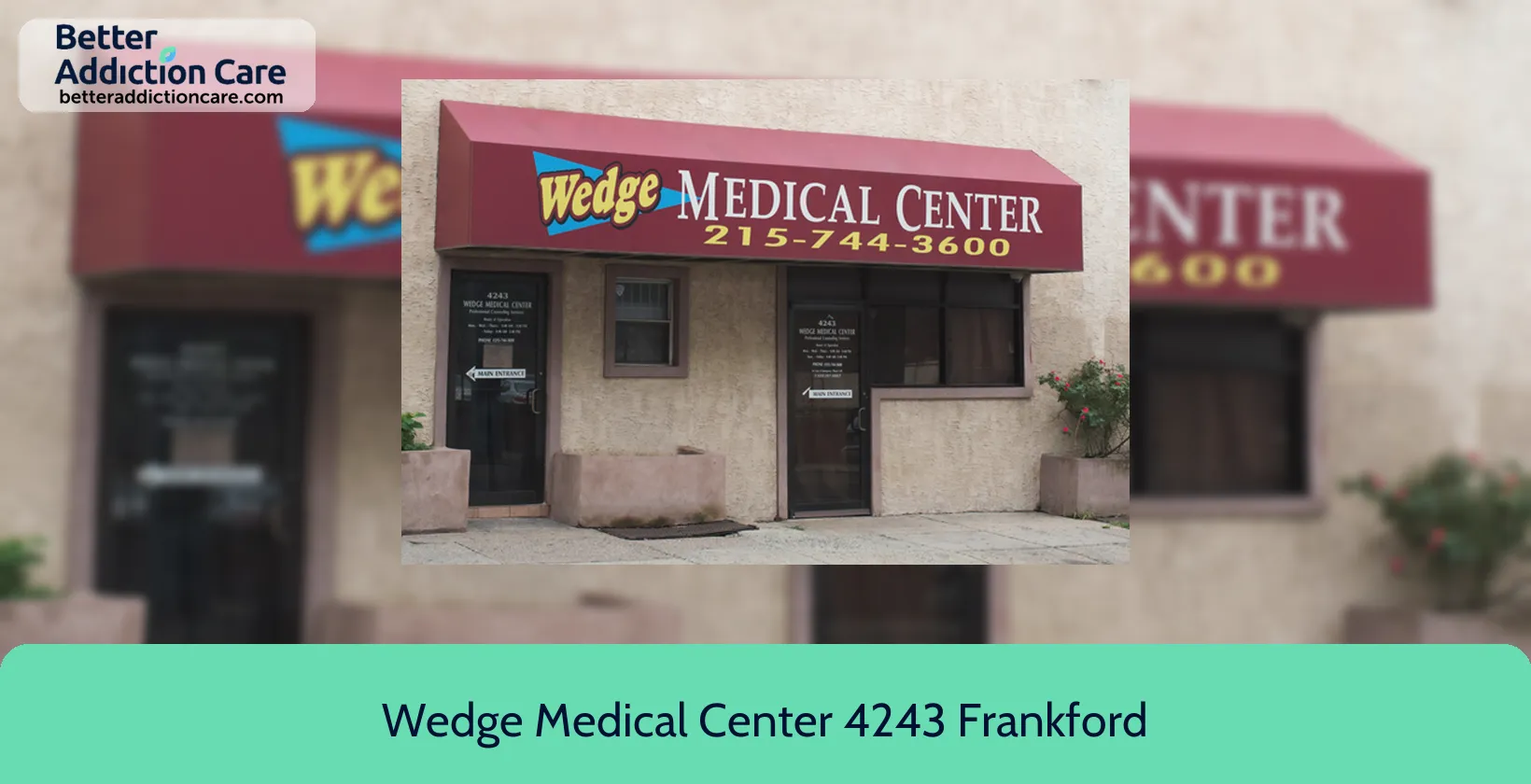
7.33

7.29
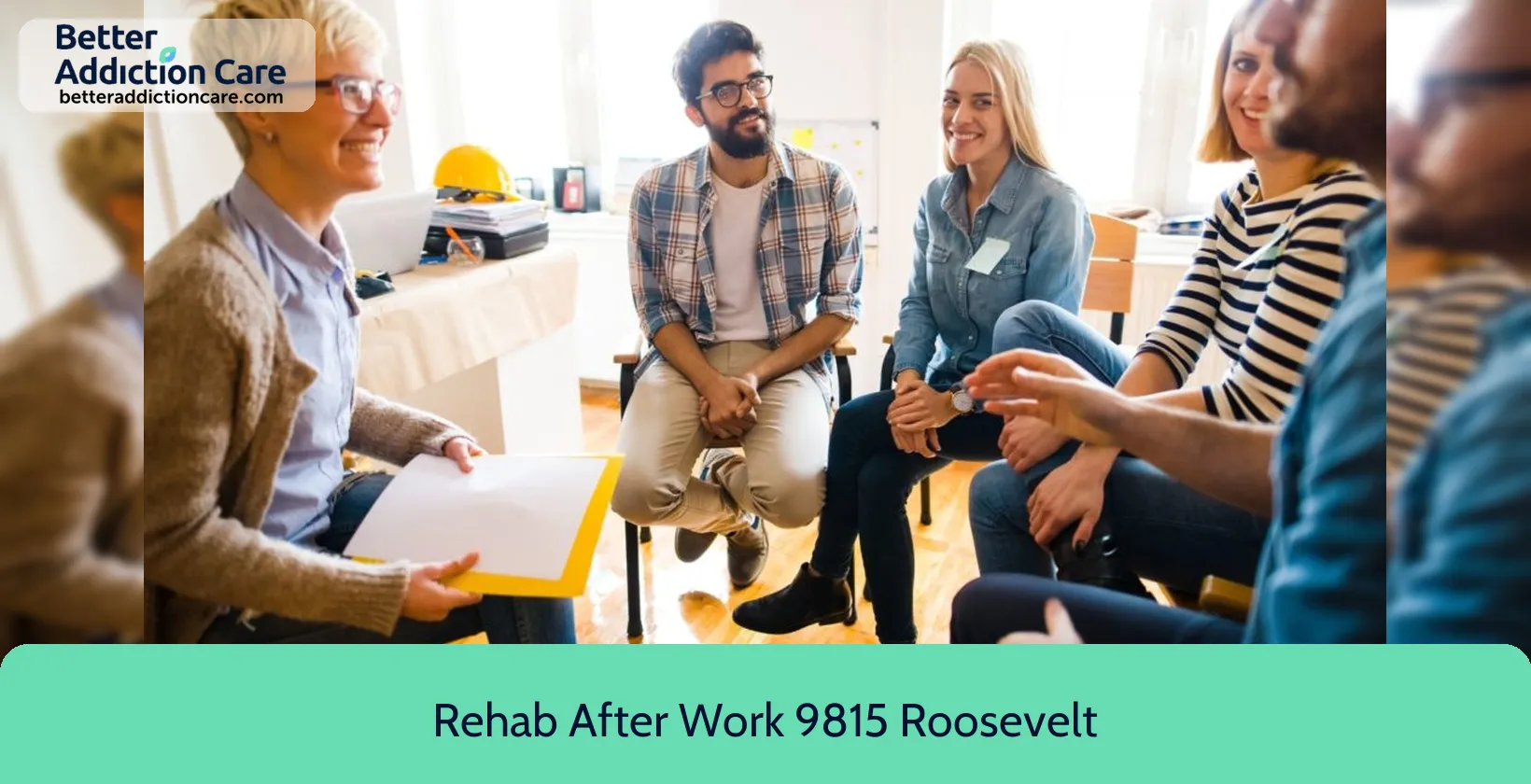
6.62
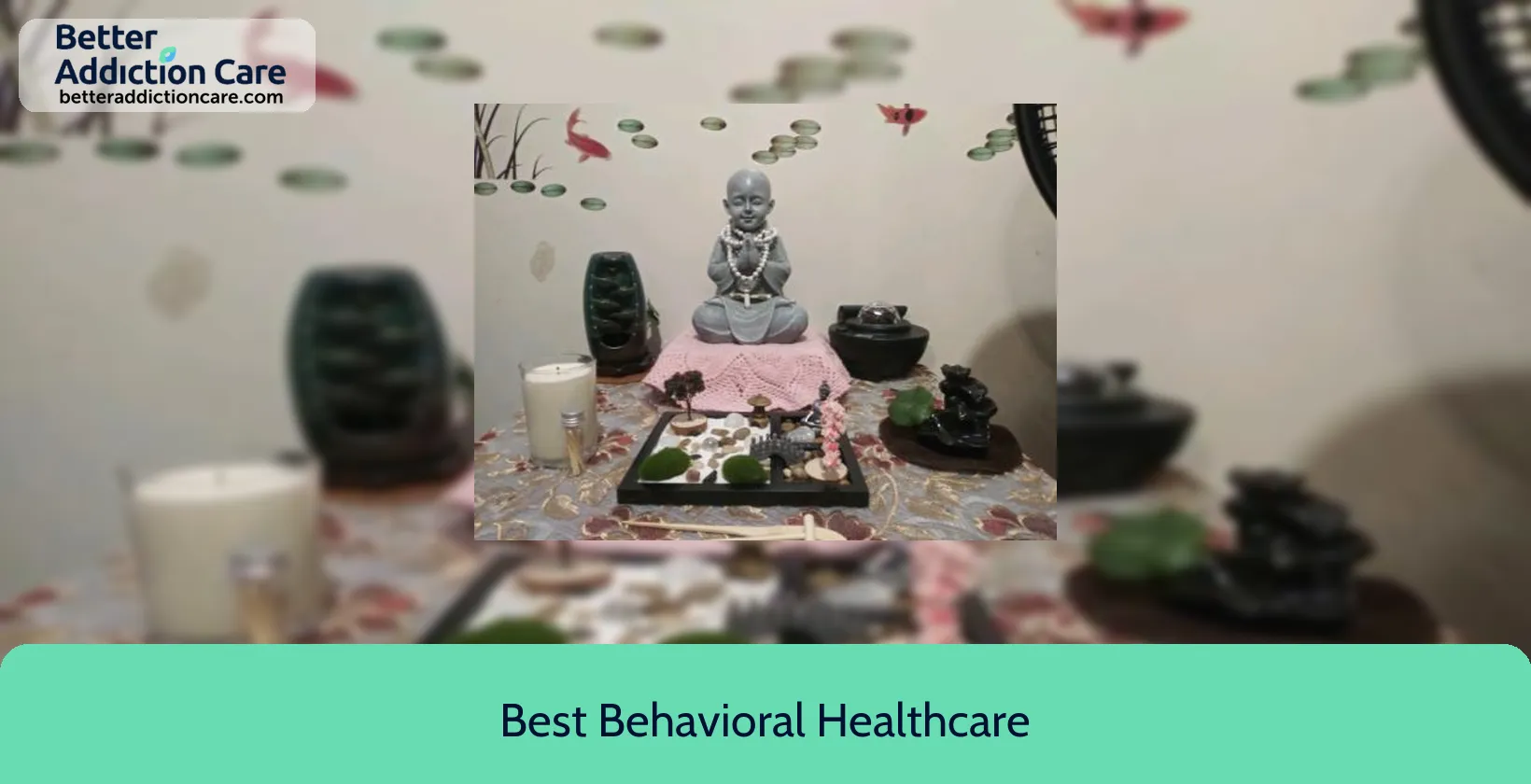
6.74
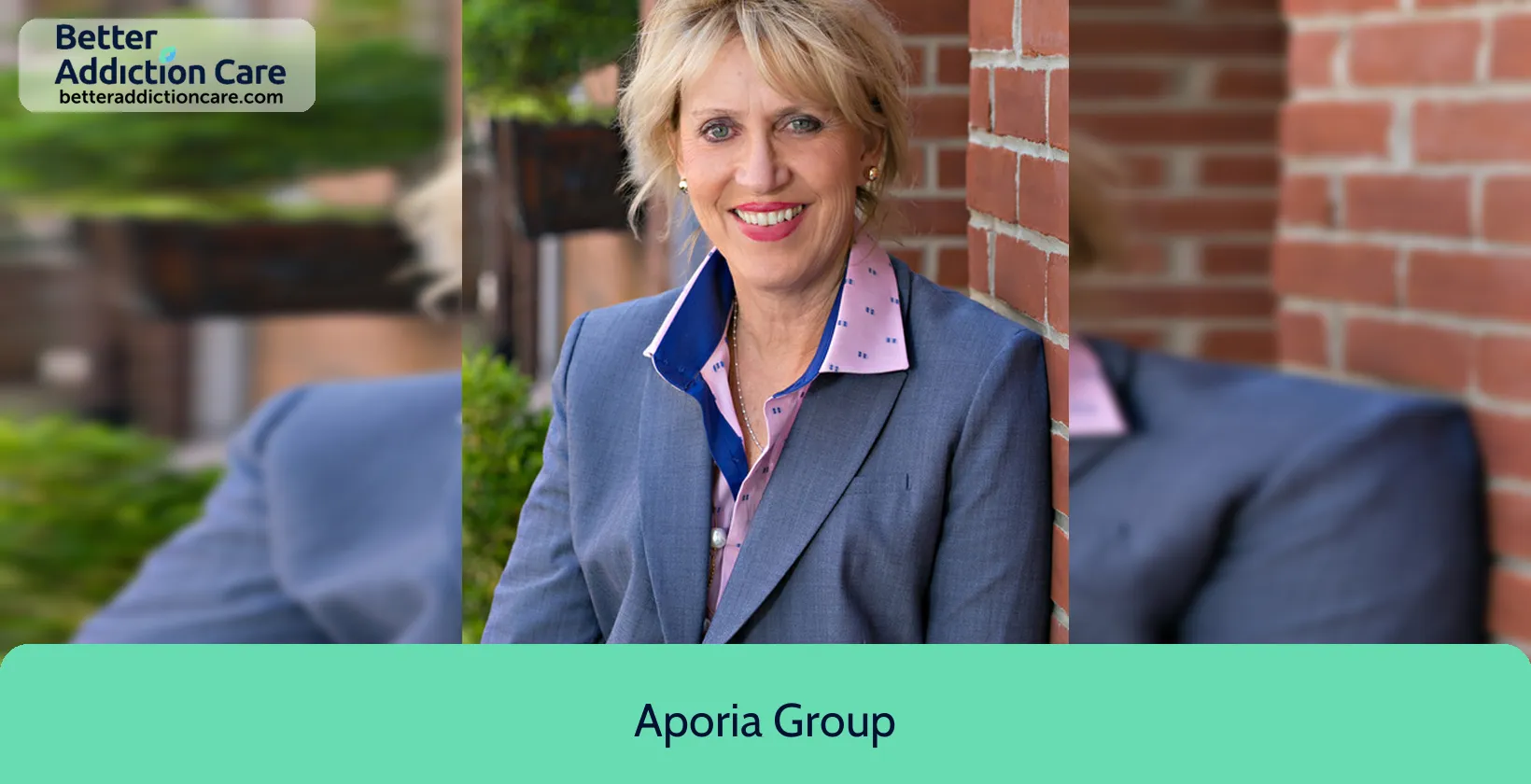
6.89
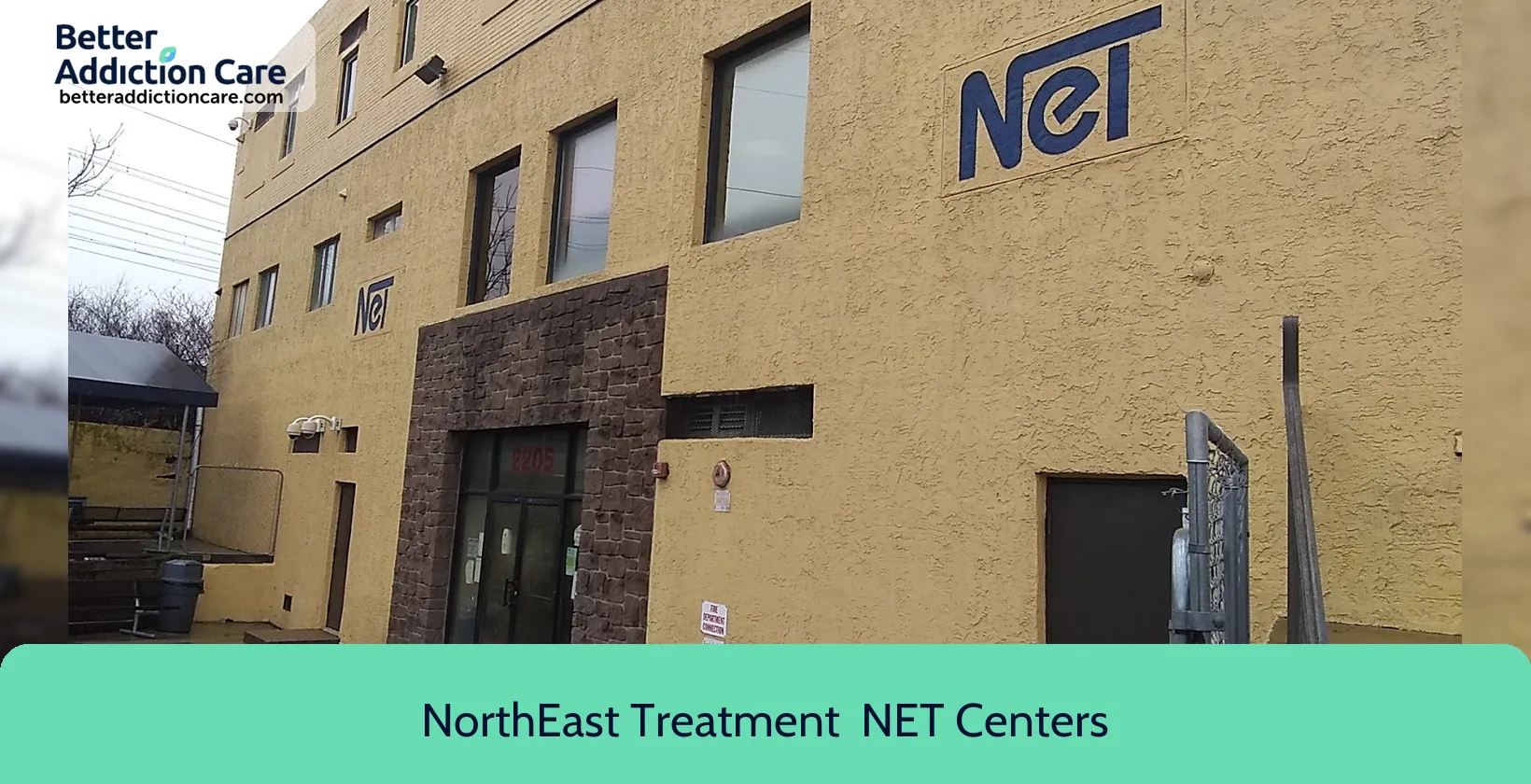
7.52
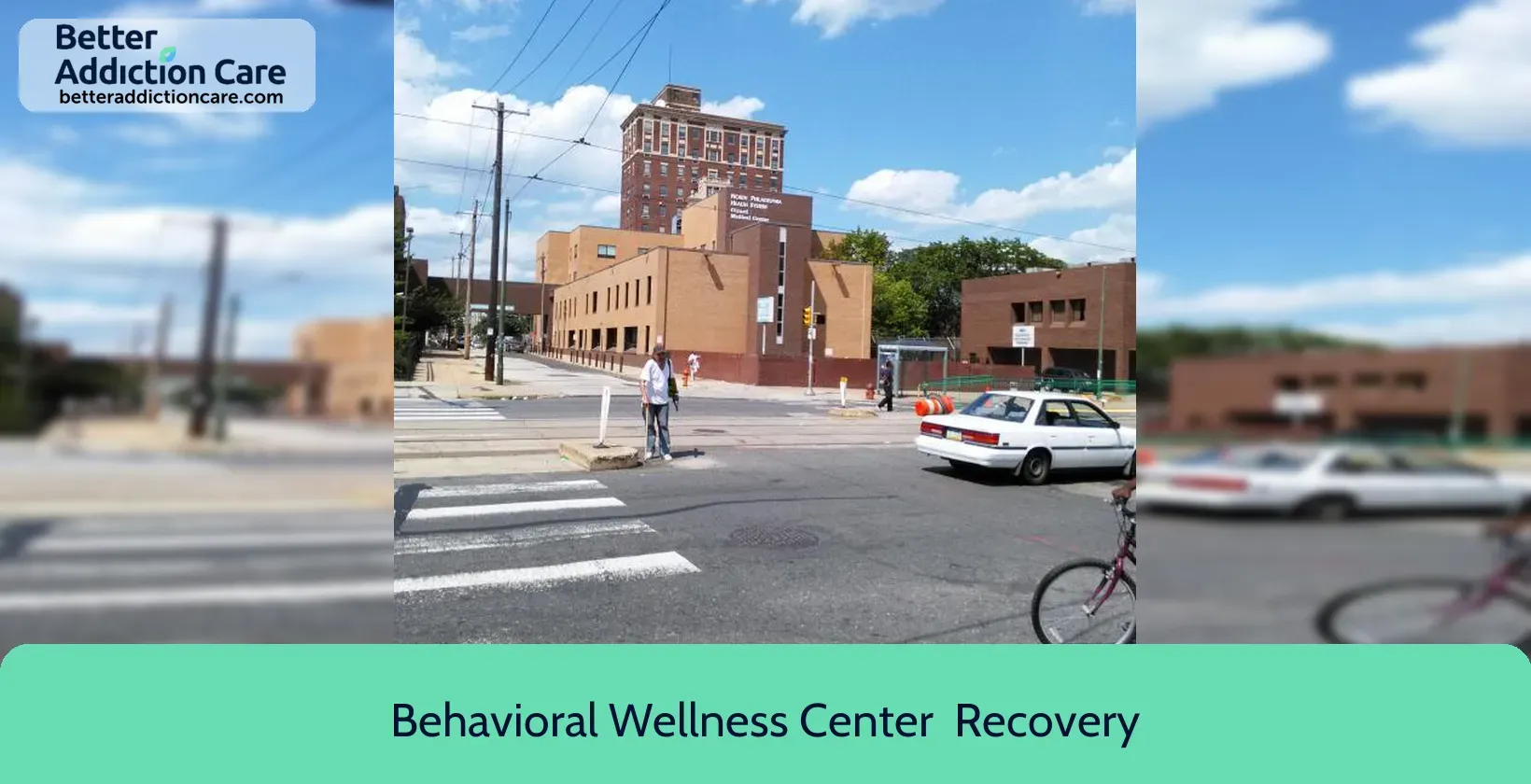
6.62
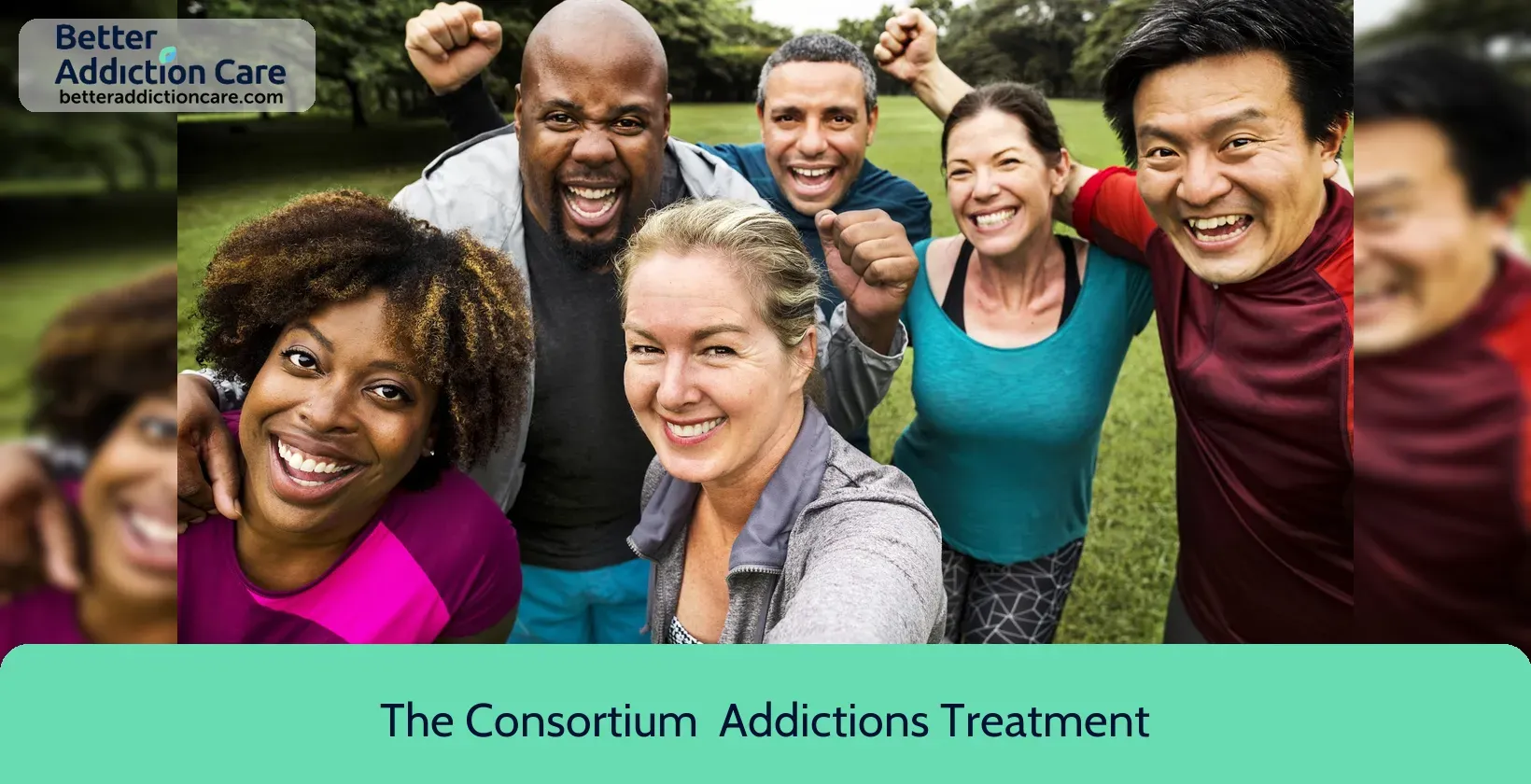
7.46
DISCLAIMER: The facility name, logo and brand are the property and registered trademarks of The Consortium - Addictions Treatment Programs, and are being used for identification and informational purposes only. Use of these names, logos and brands shall not imply endorsement. BetterAddictionCare.com is not affiliated with or sponsored by The Consortium - Addictions Treatment Programs.
